A look at the effects of AMR, Pesticide -resistance, climate change and adaptation on this . I would encourage everyone to take a couple of minutes to read the introduction, an excellent overview
https://www.efsa.europa.eu/en/topics/topic/vector-borne-diseases
Mosquito-borne Diseases
Some of the pathogens from mosquitoes: Dengue, malaria, Chagas disease, Leishmaniasis, schistosomiasis, yellow fever, Chikungunya, lymphatic filariasis, onchocerciasis and West Nile virus. There’s another 68 diseases that 88 mosquito species in the vector world.
Malaria
Reports of autochthonous (locally acquired) case in Arkansas, which brings up the total of 10 confirmed cases (Texas, Florida and Maryland.) “The last time locally acquired malaria appeared in the U.S. was in 2003. During that outbreak, eight people in Palm Beach, Fla., were infected between July 22 and Sept. 14 of that year.. “
Also, this worrisome news in NYT: https://www.nytimes.com/2023/09/29/health/mosquitoes-stephensi-malaria-africa.html?smid=nytcore-ios-share&referringSource=articleShare
Life Cycle of Malarial Plasmodium
Five species of Plasmodium that infect humans Most deaths are caused by P. falciparum. However, P. vivax has reportedly increased in severity and death and is more widespread. Global Epidemiology of Plasmodium vivax https://www.ncbi.nlm.nih.gov/pmc/articles/PMC5198891/
P. ovale, P. malariaeovale and P. malariae round out the P. species. Considered having a “a more benign clinical course” and a different latency period.
Prophylactic and Treatment
Chloroquine has the preferred treatment of choice for any parasite that is sensitive to the drug. However, in many parts of the world, parasitic resistant to chloroquine rendered this drug an ineffective treatment. There is also partial resistance to Artemisinin-based combination therapies (ACTs). https://malariajournal.biomedcentral.com/articles/10.1186/s12936-023-04606-2
There are other drugs used and research is ongoing. It’s not simple and a review of the CDC’s guideline is helpful.
Vaccines have been sought after for decades and the first one, RTS,S/AS01 vaccine (Mosquirix™), was approved on Dec. 22, 2022. Now, we have an new improved one, R21/Matrix-M.
Immunity Evasion
This applies to both mosquitoes and humans. In order to be successful and utilize both host to complete its life cycle, this protozoan has evolved strategies to protect itself .
Immune Escape Strategies of Malaria Parasites
https://www.ncbi.nlm.nih.gov/pmc/articles/PMC5066453/
Malaria parasite evades mosquito immunity by glutaminyl cyclase–mediated posttranslational protein modification
https://www.pnas.org/doi/full/10.1073/pnas.2209729119
“ As the parasite masticates hemoglobin, free heme molecules are released. To protect themselves from the toxicity of free heme, the parasite transforms it into nontoxic hemozoin. It’s this transformation that bromophycolide A disrupts, leaving the parasite vulnerable to the toxic crumbs left at its dining table.” Unfortunately, follow ups are hard to find but I used the narrative for one aspect of malaria survival tactic.
https://asknature.org/strategy/compounds-disrupt-malaria-parasite/
Vector control
The era of DDT for control has waned due to pesticide resistant (among other pesticides). New methods of controls are needed.Question is how do you control a major component of the food web and for pollination?
“One of the most extensive and challenging mosquito production sources in urban environments is underground storm drain systems.” Who had this on their bingo card?
Comparative Activity And Efficacy of Sumilarv 0.5G and Altosid Xr Briquet Against Culex Quinquefasciatus and Aedes Aegypti in Simulated Catch Basins
Likely a hot topic, GMO. Paratransgenesis: a promising new strategy for mosquito vector control https://parasitesandvectors.biomedcentral.com/articles/10.1186/s13071-015-0959-2 and https://www.cdc.gov/mosquitoes/mosquito-control/community/emerging-methods/genetically-modified-mosquitoes.html
There are plenty of discussions on this issue and encourage everyone to look into it.
Hickam's Dictum
Simply put: "patients can have as many diseases as they damn (or darn) well please." Well, it’s true. Prevalence of malaria and dengue co-infections among febrile patients during dengue transmission season in Kassala, eastern Sudan. https://www.unboundmedicine.com/medline/citation/37792705/full_citation
An old and ancient parasite and one could write a book about it and there is indeed a number of books. A couple of book recommendations to finish this synopsis section: The Fever: How Malaria Has Ruled Humankind for 500,000 Years and The Making of a Tropical Disease: A Short History of Malaria.
Yellow Fever
History and Overview
Introduced into the U.S. in 1693, thanks to the slave trade.
This link is an excellent overview of the history and etiology.
https://asm.org/Articles/2021/May/History-of-Yellow-Fever-in-the-U-S
"If you get yellow fever today your chances of survival are probably not much different than they were in the 1700s or the 1800. It's still going to be 1 out of every 5 or so who are going to die. There is no treatment, you can prevent it but you can't treat yellow fever." Pick up a copy of this book: Yellow Jack: How Yellow Fever Ravaged America and Walter Reed Discovered Its Deadly Scourge
Good news, a vaccine
“In the 1930s, French and American scientists independently developed vaccines against yellow fever. The vaccines are not entirely without risk and are only administered to individuals living or traveling through areas known to be infected with yellow fever.” https://www.pbs.org/wgbh/americanexperience/features/fever-historical-guide-yellow-fever/
The 1793 outbreak in Philadelphia, a story of medical racism
A Contemporary Black Perspective on the 1793 Yellow Fever Epidemic in Philadelphia
https://www.ncbi.nlm.nih.gov/pmc/articles/PMC6727299/
Zika
Beyond the headlines
I’m sure that many of you recall the headlines and pictures of newborns with microcephaly. Well, since 2016-17, there have been no locally acquired cases in the U.S. but remains a concern elsewhere. So, there are concerns about international travels as well as sex for pregnant womens. No treatment nor vaccine is available for this. This link has a good overview.
https://www.hopkinsmedicine.org/health/conditions-and-diseases/zika
West Nile virus (WNV)
This was a rather fascinating bit of history. This is still showing up in the headlines. According to the CDC, “West Nile virus (WNV) is the leading cause of mosquito-borne disease in the continental United States.” It belongs to the genus Flavivirus, same as the virus for Yellow Fever, Dengue and Zika. Though one in 150 develop severe and even fatal illness. There was death of a Pennsylvania woman in late September. (ABC News) No treatment nor vaccine available for this.
https://www.cdc.gov/westnile/index.html
Deadly to Corvids and Birds of prey
West Nile Virus and High Death Rate in American Crows
https://www.ncbi.nlm.nih.gov/pmc/articles/PMC3323091/
Current WNV Positive Cases 2023 (updated Oct. 6, 2023)
https://cwhl.vet.cornell.edu/article/west-nile-virus
Incidental host
The life cycle is normally between birds and mosquitoes, we, along with horses, are “incidental hosts)
This leads to a interesting method for WNV surveillance, much like we use wastewater for tracking infectious disease.
West Nile virus in the Iberian Peninsula: using equine cases to identify high-risk areas for humans
https://www.unboundmedicine.com/medline/citation/37796440/full_citation
Dengue Fever (DENV)
About half of the human population lives in risk areas with many outbreaks occurring worldwide. Outbreaks in the U.S. have occured. Severe cases are known as dengue hemorrhagic fever. Alternate name is "breakbone fever" due to joint pains.
https://www.mayoclinic.org/diseases-conditions/dengue-fever/symptoms-causes/syc-20353078
“A dengue vaccine is now recommended for U.S. territories of American Samoa, Puerto Rico, and the U.S. Virgin Islands, and freely associated states, including the Federated States of Micronesia, the Republic of Marshall Islands, and the Republic of Palau.” (CDC) However, not approved for U.S travelers.
A good abstract: Dengue virus: epidemiology, biology, and disease aetiology https://pubmed.ncbi.nlm.nih.gov/34171205/
Interesting read:
Breaking Breakbone Fever
A Harvard Chan School alumnus and a DrPH student are developing strategies for bringing a dengue vaccine to countries in need. https://www.hsph.harvard.edu/magazine/magazine_article/breaking-breakbone-fever/
Chikungunya (CHIKV)
Last local transmission in the U.S. was in 2016. Death rate is about 1 in 1000 but most recover except for a few, joint pains can last a months or years. Interesting that the name means “The name “chikungunya” derives from a word in the Kimakonde language that translates to “that which bends up,” referring to the contorted appearance of sufferers with joint pain. “ Sadly no vaccine or antiviral available and this is a biphasic.
https://www.everydayhealth.com/chikungunya/guide/
Eastern Equine Encephalitis (EEE)
Like WNV, humans and horses are incident host for this enzootic cycle. Though considered rare, it been reported with a fatality rate of 30-40%. No EEE virus vaccines are available for use in humans unless you’re a horse. The horse vaccine is thought to be effective for 6-8 months. Also, there is no specific treatment
https://www.ncbi.nlm.nih.gov/pmc/articles/PMC8610530/
Eastern Equine Encephalitis Virus — Another Emergent Arbovirus in the United States
St. Louis Encephalitis (SLEV)
Japanese Encephaltis (JEV)
Saint Louis encephalitis is caused by the mosquito-borne Saint Louis encephalitis virus and related to the Japanese encephalitis virus, also mosquito-borne. Vast majority of infected, it is milder for young. Depending on the source, it is 3-30% fatality rate for severe disease. Again, There is no specific treatment nor a vaccine. However, there is a vaccine for JEV and etiology/pathology similar to SLEV.
https://pubmed.ncbi.nlm.nih.gov/30182919/
lymphatic filariasis (elephantiasis)
https://www.cdc.gov/parasites/lymphaticfilariasis/index.html
Next time, we’ll look at other arthropod vectors. I welcome feedback!





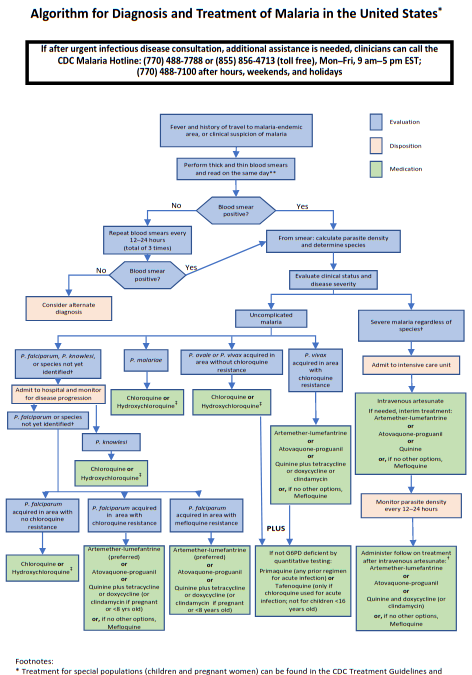
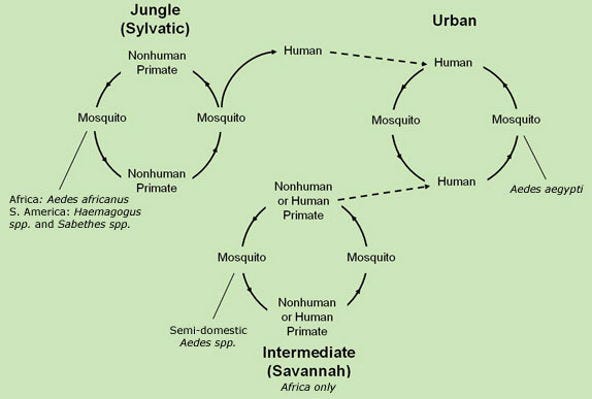
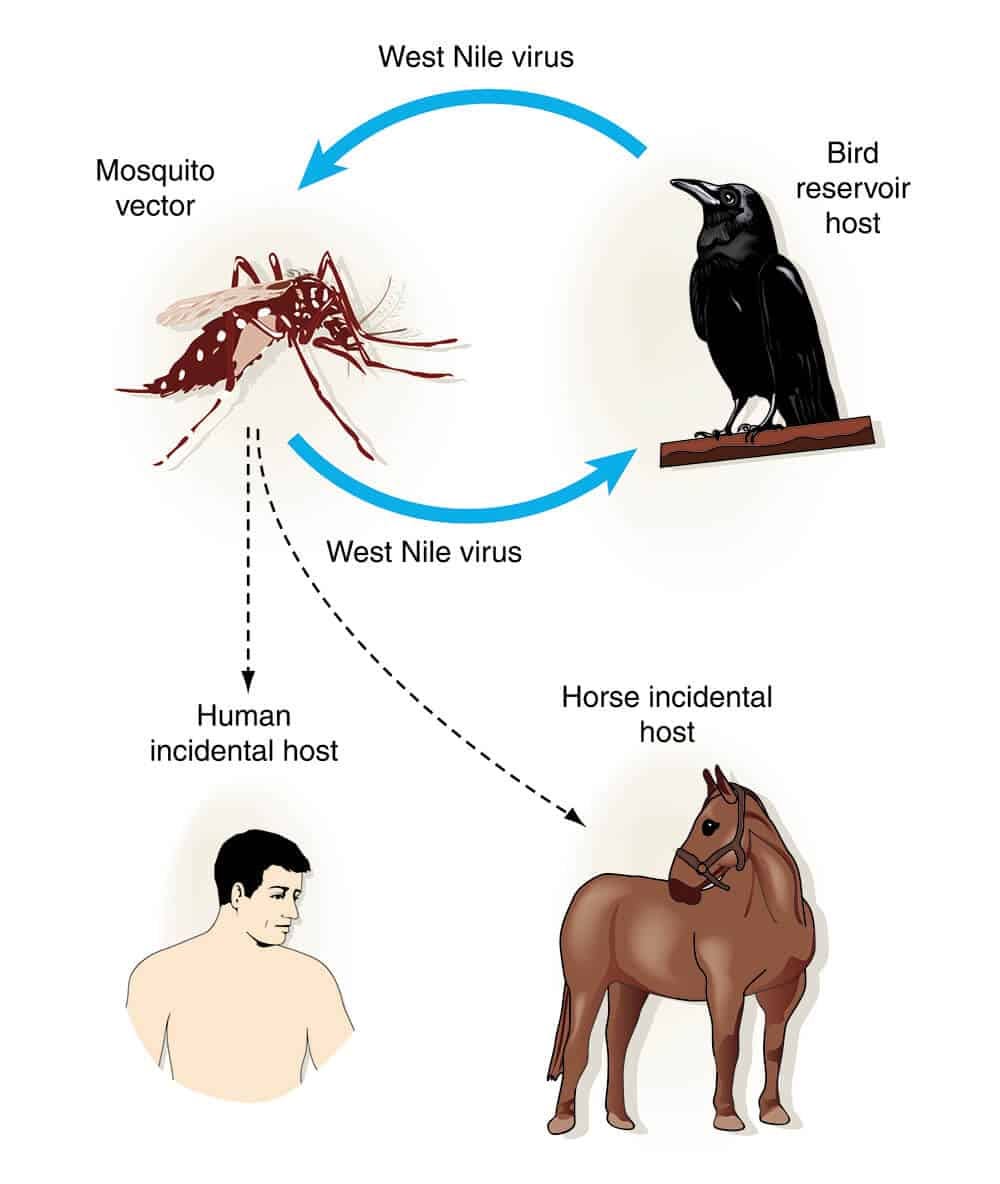
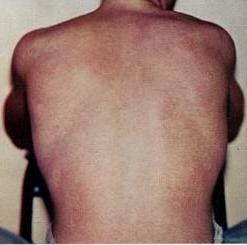


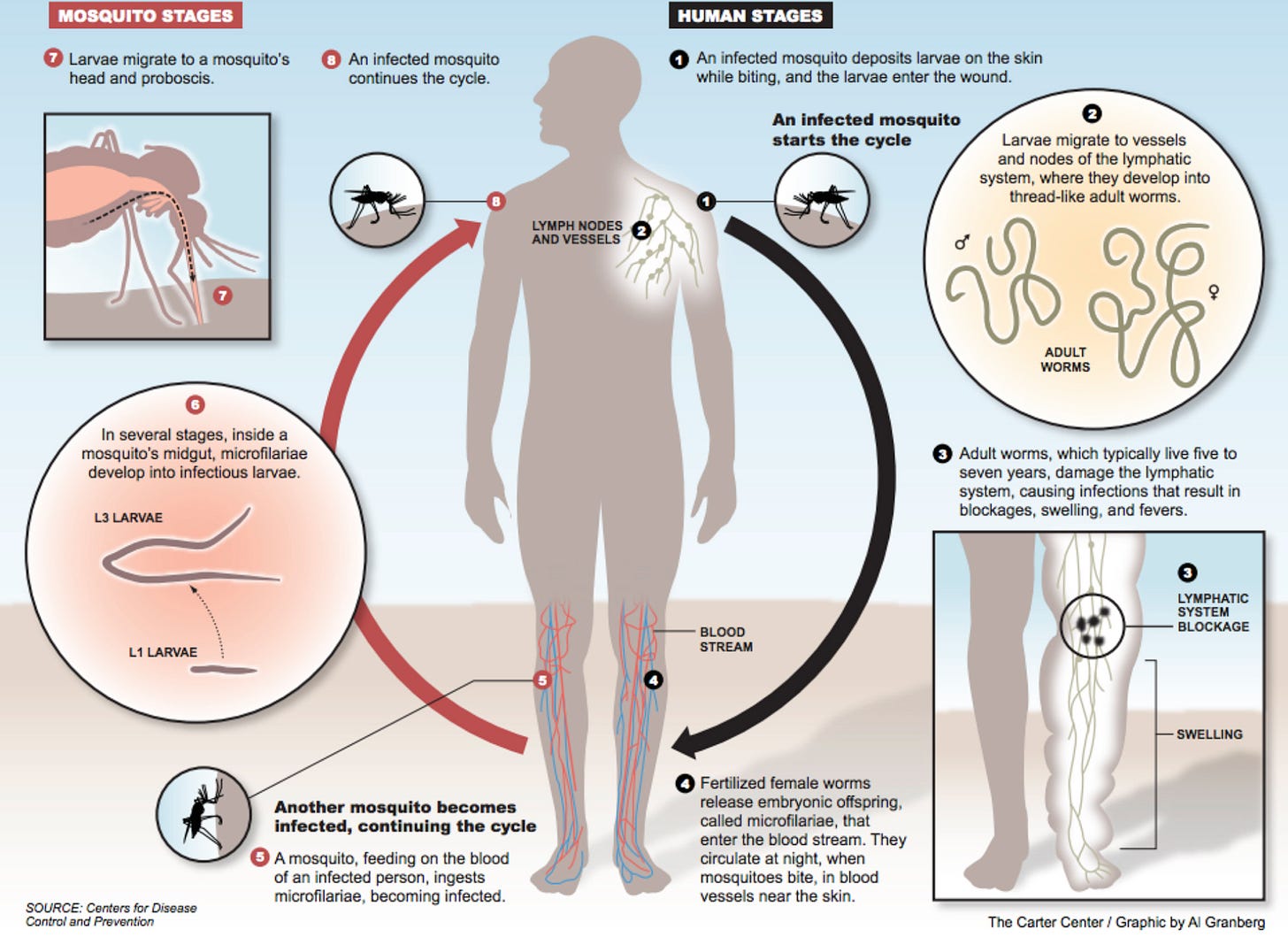
Great review - and with my board recertification coming up I feel like I can skip this part of my study, so double thanks for that!